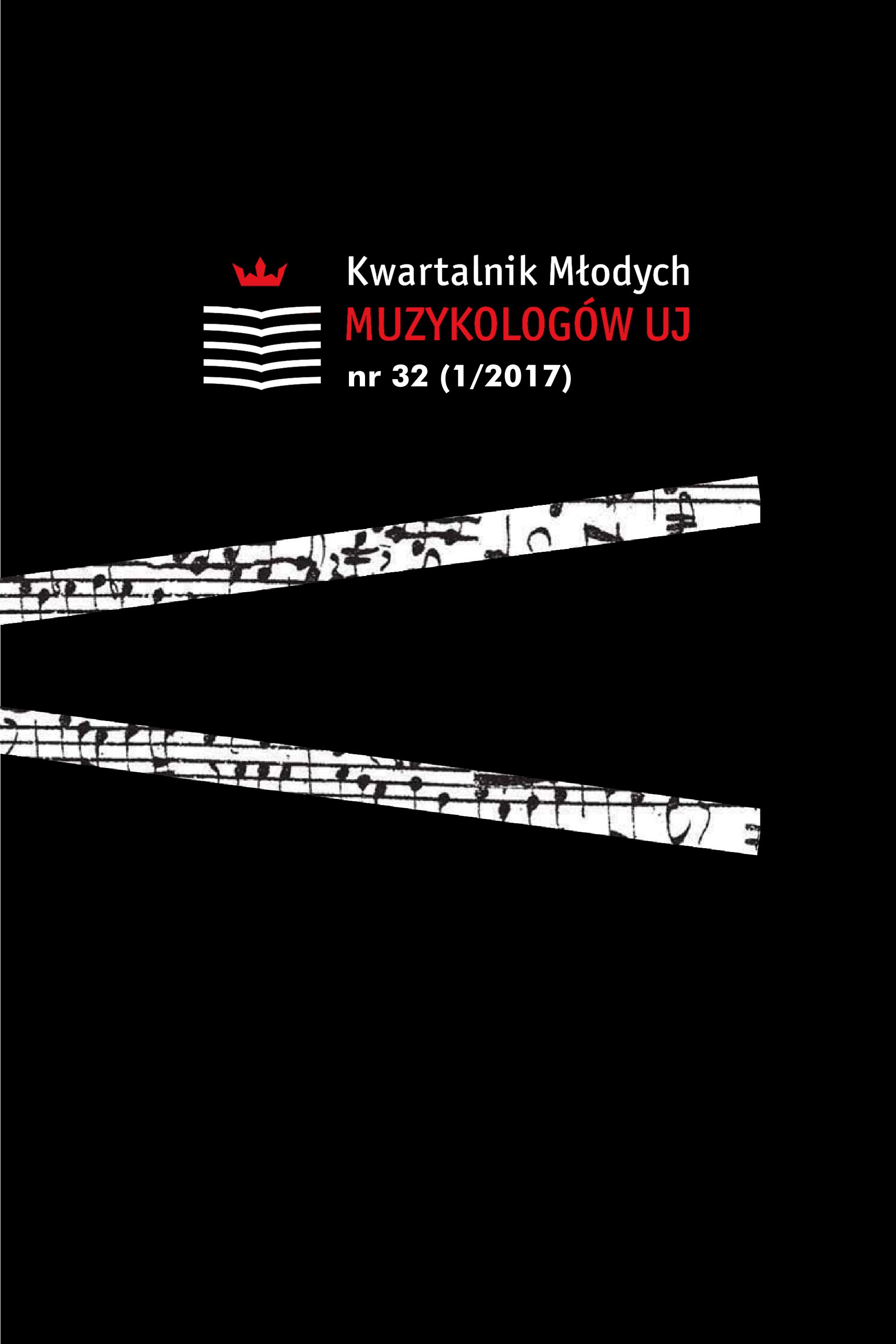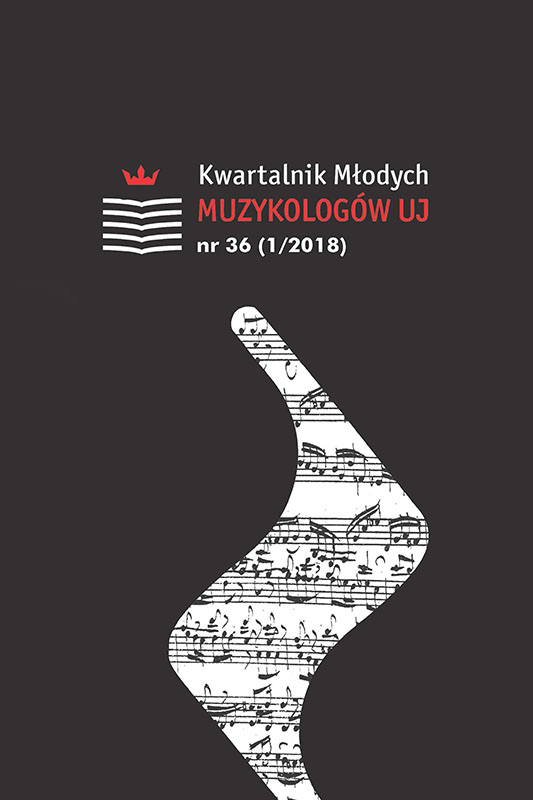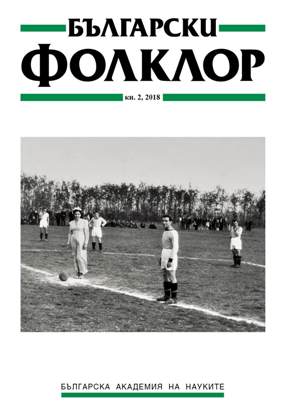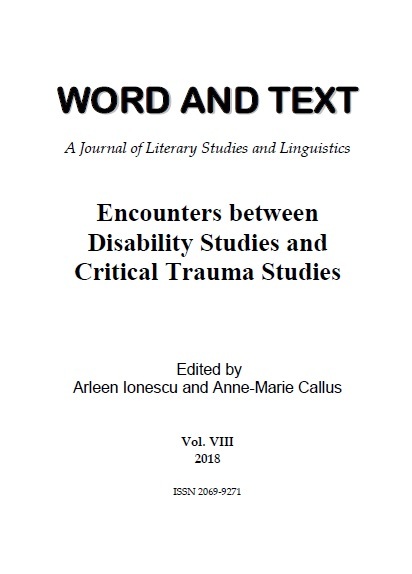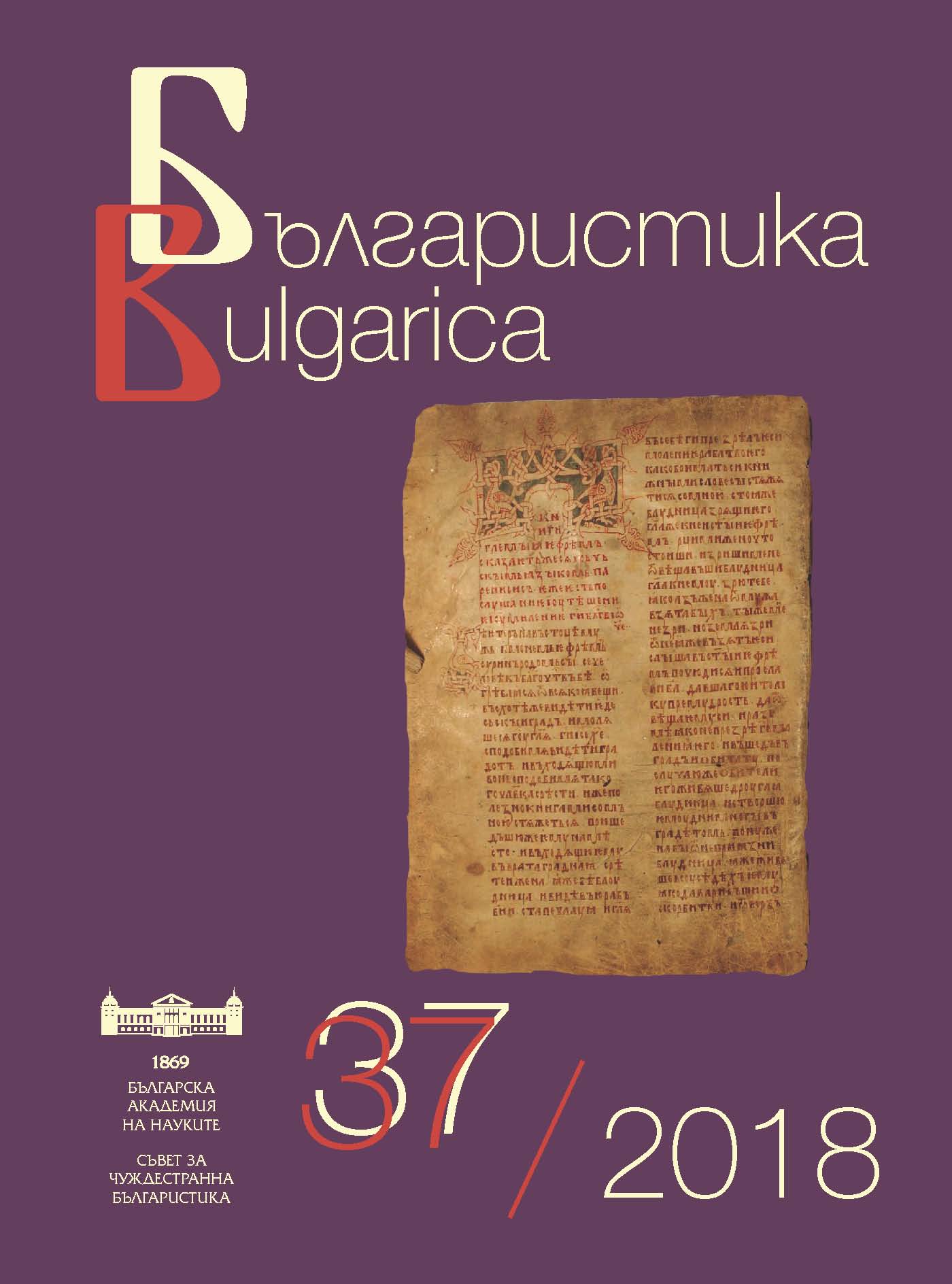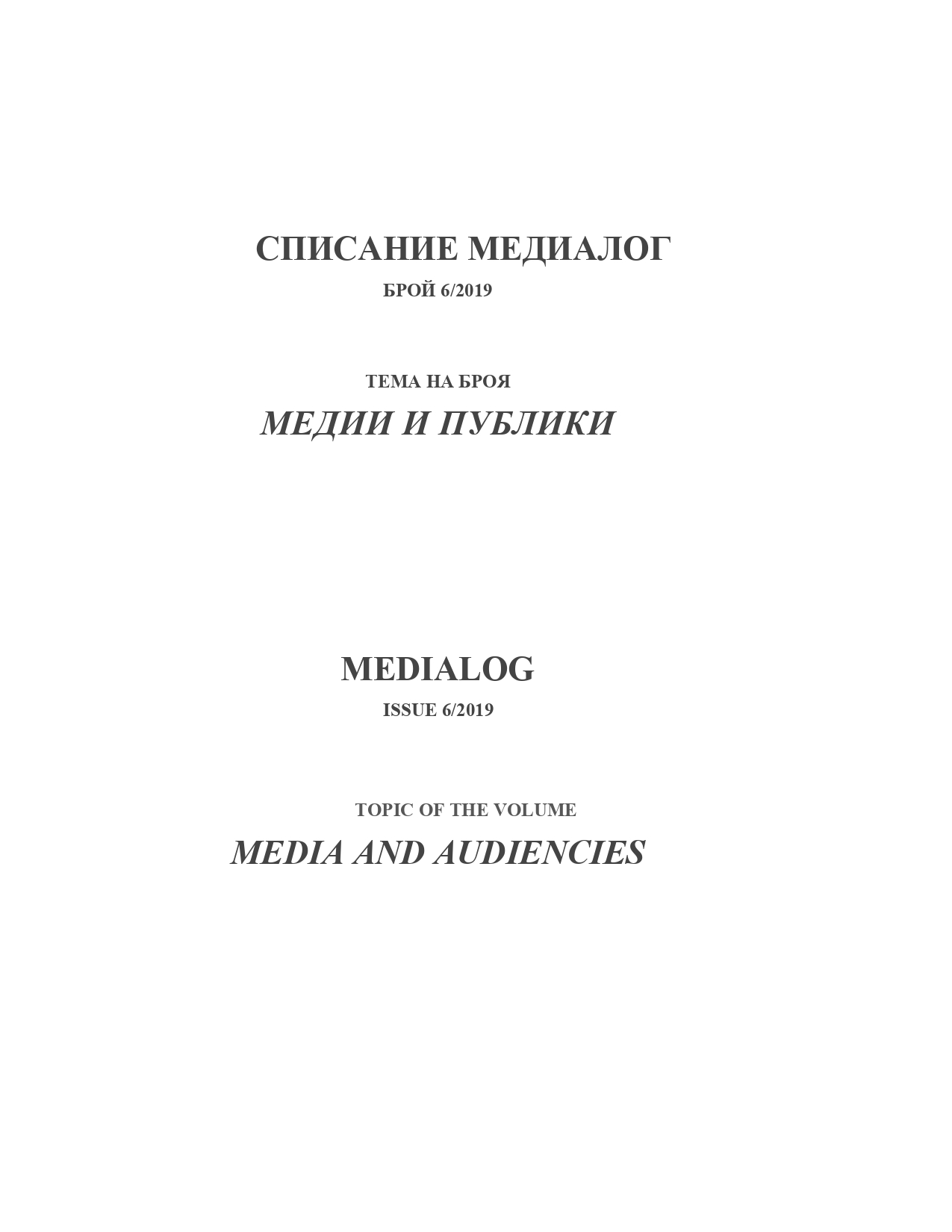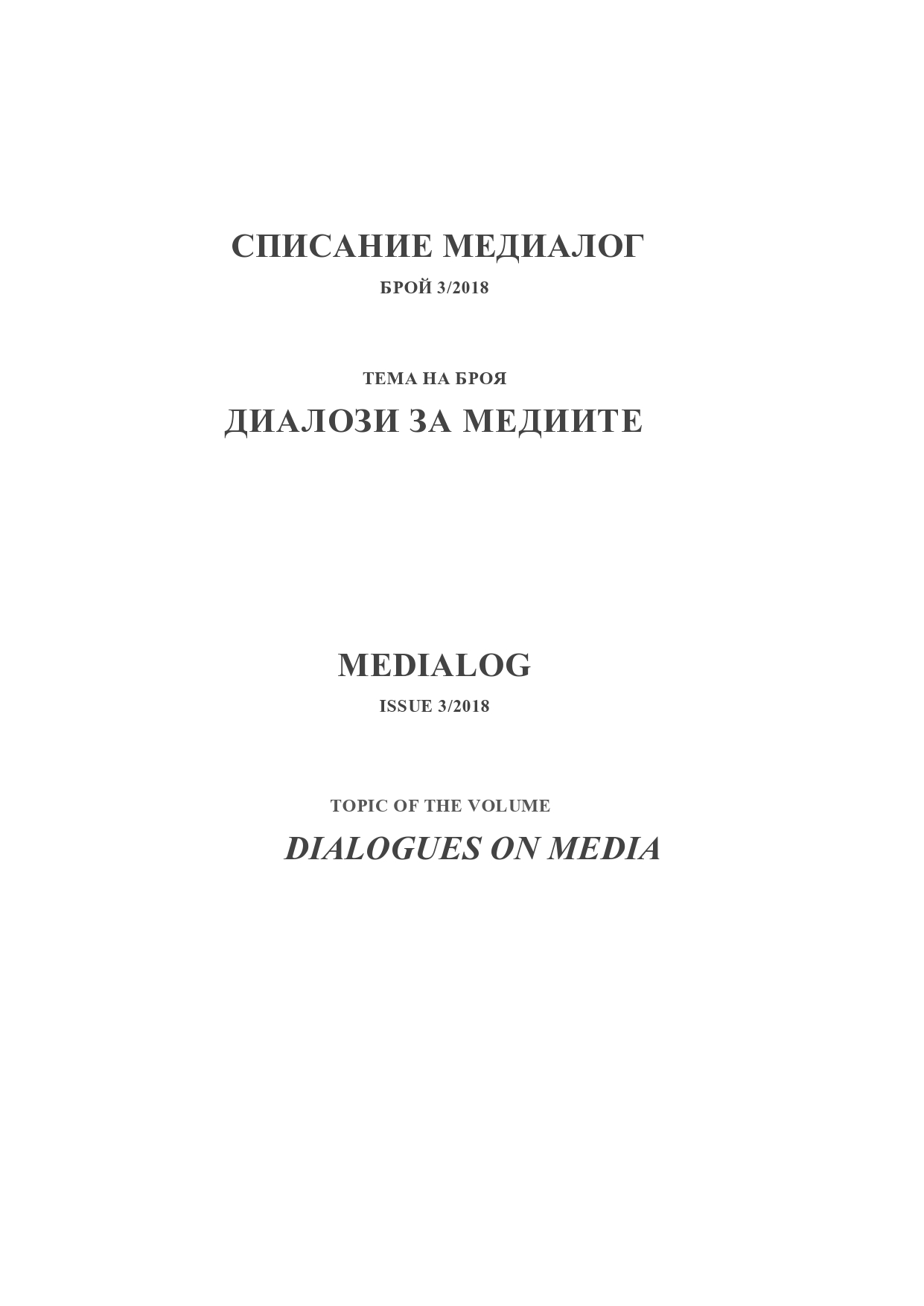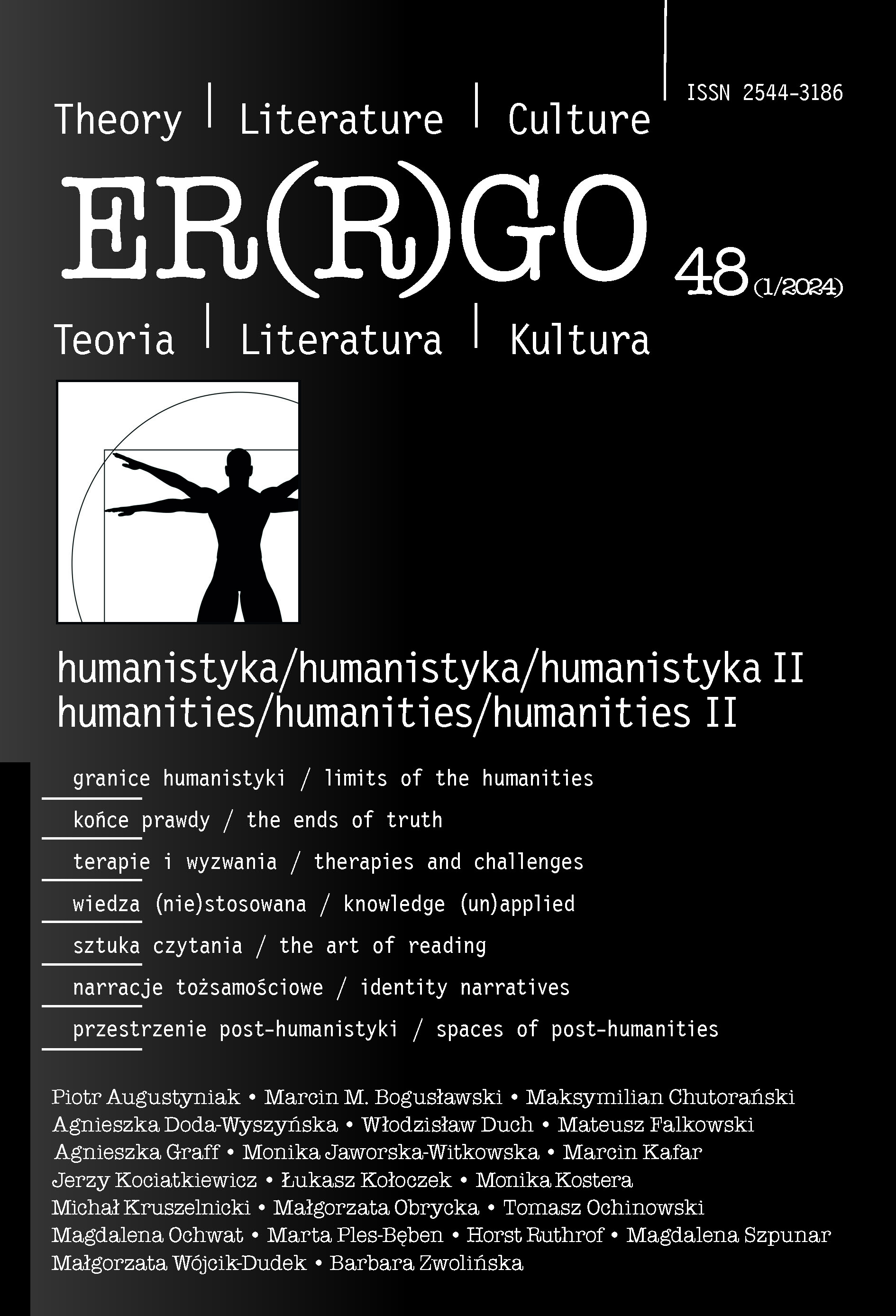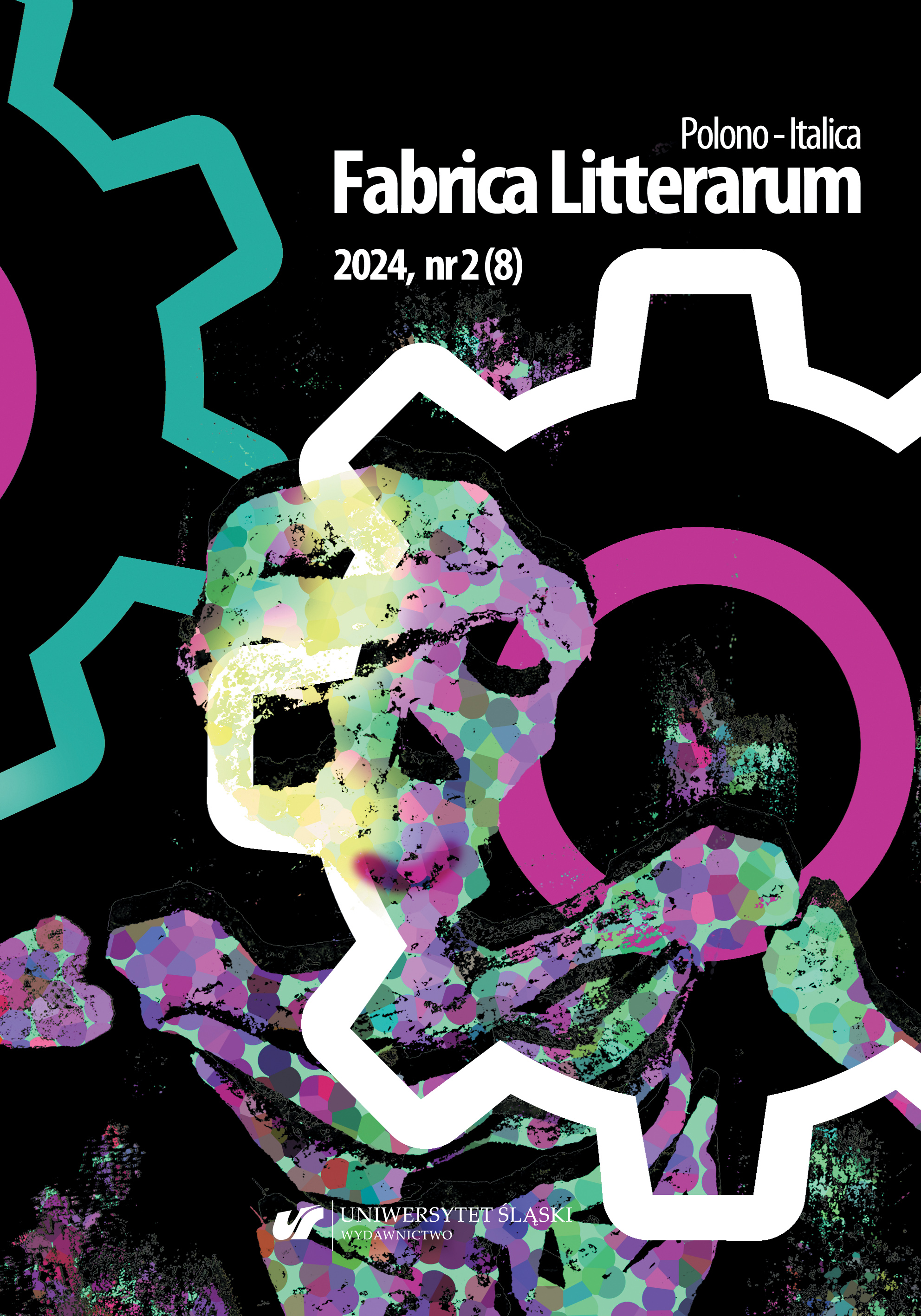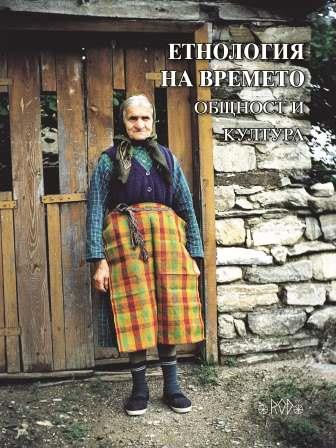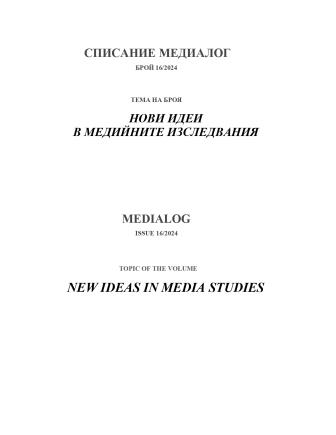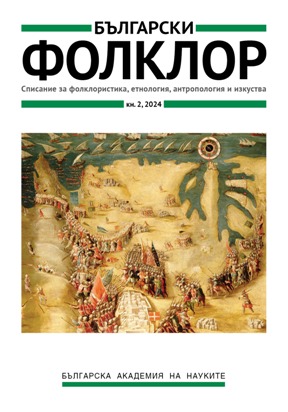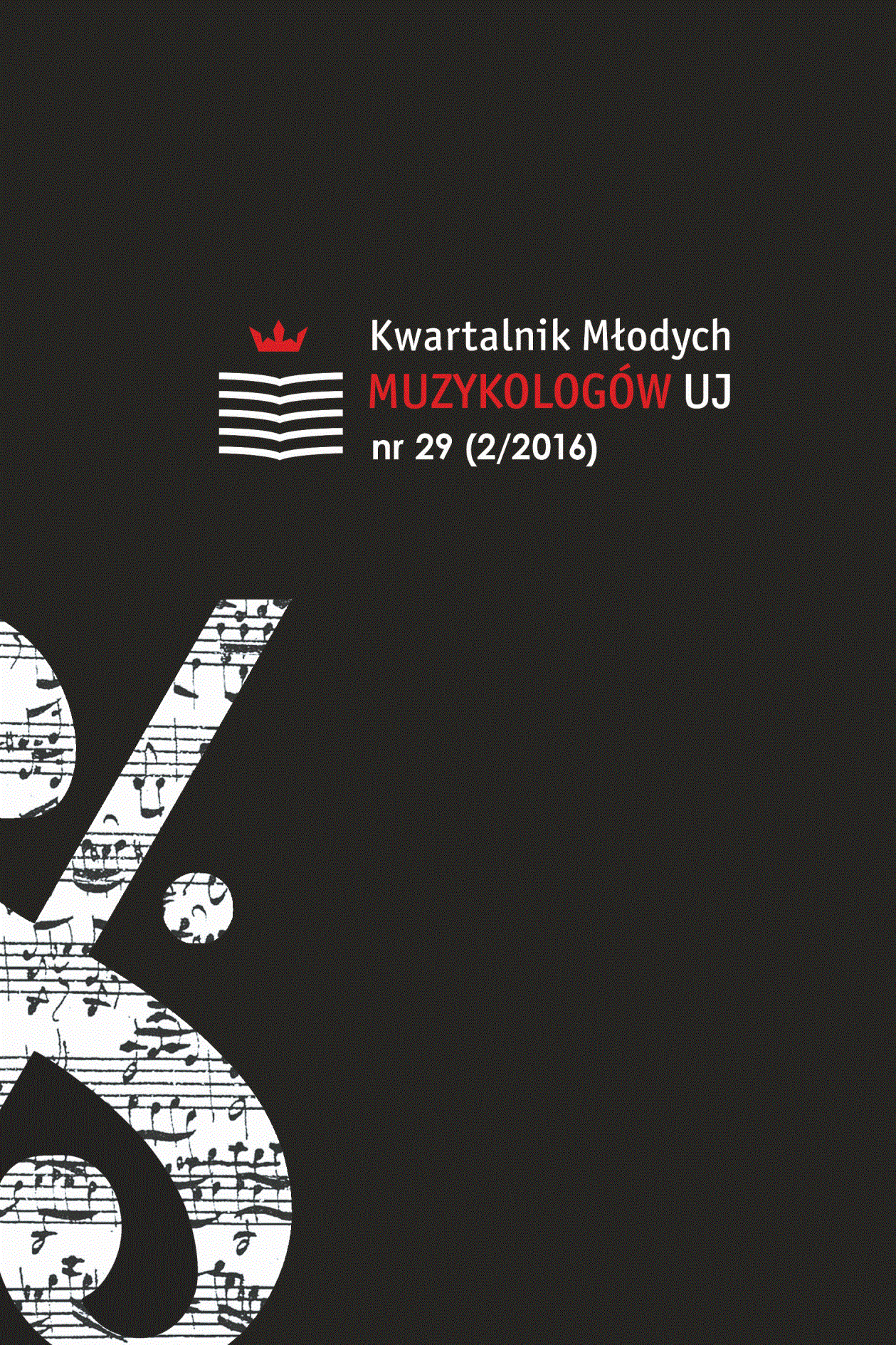
Doświadczenie Zagłady w "Ocalałym z Warszawy" op. 46 Arnolda Schönberga: geneza, dzieło, interpretacja
The purpose of this paper is to examine the way in which the experience of the Holocaust can be represented, embodied and even relived in or through music. The category of experience thus serves as a main methodological tool in this survey, helping to reconstitute the process of expressing it through music, specifically in Arnold Schoenberg’s A Survivor from Warsaw Op. 46. A related point to consider is the composer’s engagement in the fight for human rights just before the World War II, a fact that is not yet widely recognized. A brief overview of Schoenberg’s religious, social, and political environment is followed by the history of the Survivor’s… origins, analysis of its literary text, and, finally, interpretation. While discussing the ethical limits of the Holocaust representation, the opinions of Theodor W. Adorno, Ernst van Alphen, Berel Lang, and Giorgio Agamben are consulted.
More...
